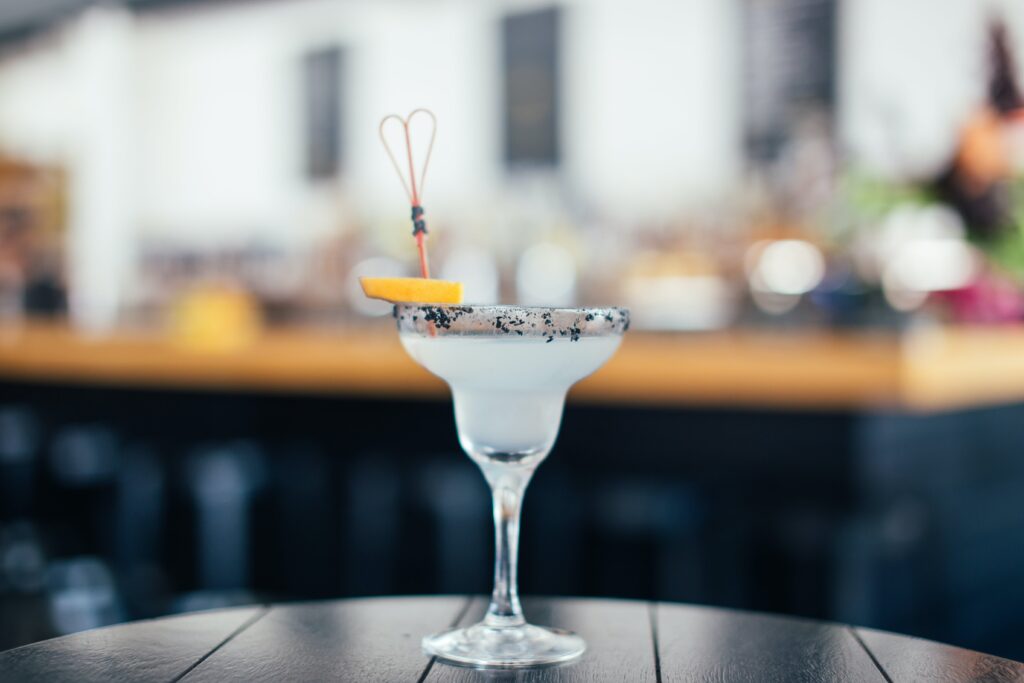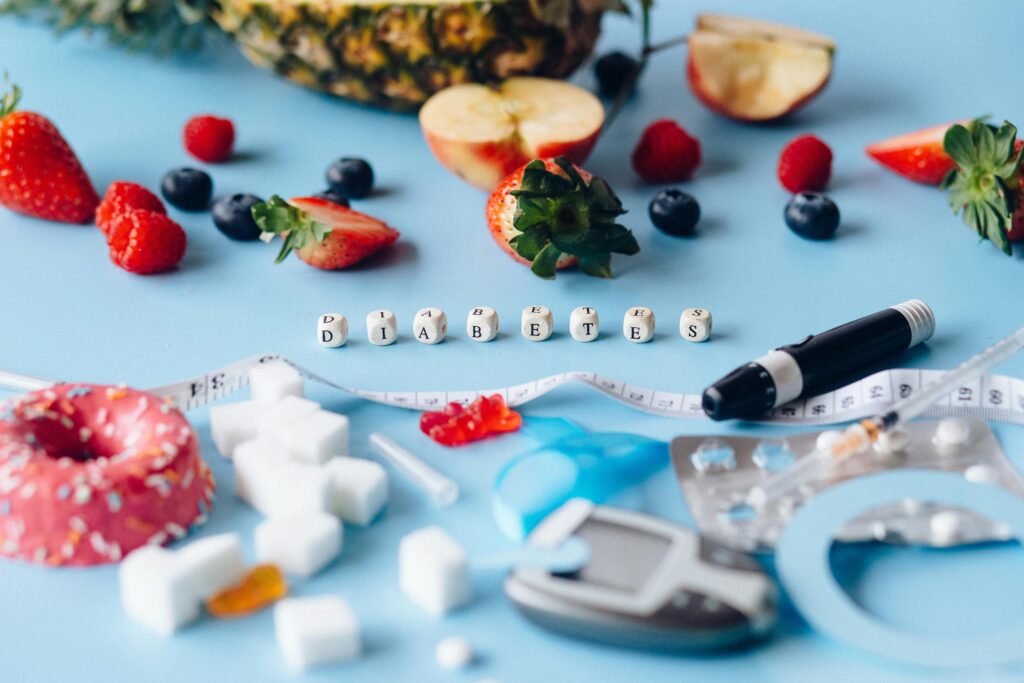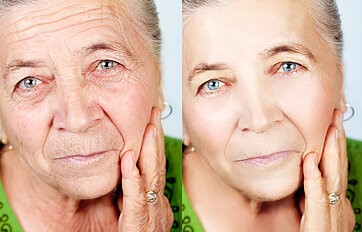The Impact of Alcohol on Blood Sugar Levels

Although many people prefer to drink alcohol, are you aware of the impact of alcohol on blood sugar levels?
We explore the intricate relationship between alcohol use and blood sugar in this insightful article.
Alcohol use might significantly affect your body’s capacity to control blood sugar levels. It can result in hypoglycemia (low blood sugar) or hyperglycemia (high blood sugar) based on a number of variables, including the kind and amount of alcohol ingested as well as a person’s metabolism.
It is important to comprehend how alcohol affects blood sugar levels, particularly for people who already have diabetes or are at risk of getting it.
It can assist them in efficiently managing their illness and making educated decisions about how much alcohol they consume. Come along as we explore the complex connection between blood sugar and alcohol. We’ll go over why binge drinking can be especially dangerous, what kinds of drinks are best for people with diabetes, and useful advice on how to balance alcohol intake with keeping blood sugar levels in check.Stay tuned for this fascinating exploration of the little-known relationship between alcohol and blood sugar.
The Body’s processes related to Alcohol

Alcohol is not the same as other nutrients like lipids, proteins, or carbs. Alcohol is quickly taken into the bloodstream through the stomach and small intestine, unlike these nutrients that need to be digested. Alcohol is swiftly carried by the bloodstream to the liver, where it undergoes metabolism.
Alcohol is broken down by the liver, and it does so at a rate that is essentially constant. One standard drink, or fourteen grams of pure alcohol, takes the liver approximately an hour to process. However, this pace can change based on variables like sex, body weight, and general health.
The liver gives the breakdown of alcohol priority over other metabolic functions, such as blood sugar management, during the alcohol metabolism process. This may cause problems for the body’s capacity to keep blood sugar levels in check, which could have an impact on blood sugar regulation both now and down the road.
Byproducts of alcohol metabolism can potentially have an additional effect on blood sugar management. For instance, the breakdown of alcohol results in the harmful chemical acetaldehyde, which reduces the liver’s capacity to synthesize glucose and lowers blood sugar levels.
Alcohol’s immediate effects on Blood Sugar levels
Blood sugar levels may fluctuate immediately after drinking alcohol. Drinking alcohol can initially cause blood sugar levels to rise because some alcoholic beverages include carbohydrates. This effect, though, is fleeting.
Blood sugar levels fall as a result of the liver’s suppression of glucose synthesis in favor of alcohol metabolism. Alcohol can intensify the hypoglycemic effects of drugs that drop blood sugar, therefore this might be especially risky for diabetics on blood sugar-lowering medications.
Additionally, drinking alcohol can make it more difficult for the body to recognize and react to low blood sugar levels.
Severe hypoglycemia is a potentially fatal condition that can arise from this. It’s important to remember that different people will experience different initial impacts from alcohol on blood sugar levels based on their specific circumstances, including metabolism and general health, as well as the type and quantity of alcohol taken. For those who have diabetes or are at risk of getting the disease, it is essential to regularly check blood sugar levels and speak with a healthcare provider.
Effects of heavy Alcohol drinking over time on Blood Sugar regulation
Effects of excessive alcohol consumption over timeProlonged and excessive alcohol use can negatively impact blood sugar regulation and result in long-term issues. Long-term alcohol misuse can interfere with the generation and function of insulin, which can result in insulin resistance, decreased glucose tolerance, and eventually type 2 diabetes.
Impaired blood sugar regulation may also be a result of alcohol-induced pancreatitis, a disorder marked by pancreatic inflammation. Any harm to the pancreas, which is essential for manufacturing insulin, might result in an insufficiency or malfunction of insulin.
Overindulging in alcohol can also result in weight gain, which is another diabetes risk factor. Alcoholic drinks might worsen the risk of getting diabetes since they are frequently heavy in calories and can encourage a sedentary lifestyle and poor nutrition.
The potential long-term effects of heavy alcohol use on blood sugar regulation must be recognized. Maintaining good health and delaying the onset of diabetes require moderation and sensible drinking habits.
Managing blood sugar levels while drinking: Alcohol and Diabetes
Planning and thoughtful thinking are necessary when it comes to controlling blood sugar levels in individuals with diabetes when they drink alcohol. Here are some helpful hints to keep your blood sugar under control while consuming alcohol:
1. Speak with a medical specialist: It’s important to talk to your healthcare provider before making any adjustments to your alcohol use. Based on your unique medical needs and prescription regimen, they can offer tailored counsel and direction.
2. Keep an eye on your blood sugar: It is imperative to routinely monitor your blood sugar levels prior to, during, and following alcohol consumption in order to fully comprehend its physiological effects. This will enable you to modify your diabetes treatment strategy in accordance with your alcohol consumption decisions.
3. Select low-sugar options: Make the choice of alcoholic beverages that are low in carbohydrates and sugar. For those with diabetes, dry wines, light beers, and spirits combined with sugar-free mixers are usually preferable options. Steer clear of sugary drinks, liqueurs, and sweet wines as these might result in large blood sugar rises.
4. Balanced diet before consuming acohol: Have a balanced lunch or snack before consuming alcohol to assist slow down the bloodstream’s absorption of the alcohol and avoid sharp decreases in blood sugar levels. Incorporate a mix of complex carbohydrates, healthy fats, and protein to provide you long-lasting energy and control your blood sugar.
5. Remain hydrated: Drinking alcohol can lead to dehydration, which can worsen blood sugar regulation. Drink water to stay hydrated in between alcoholic drinks.
Recall that the key to drinking alcohol is moderation. Maintaining ideal blood sugar management and partaking in alcoholic beverages should be balanced. Making educated judgments and putting your health first can be facilitated by being aware of how much alcohol you consume and how it affects your body.
Advice for Diabetics on how to drink Alcohol in moderation
If someone with diabetes would rather not drink alcohol at all, there are lots of non-alcoholic options that can still provide for a fulfilling and entertaining beverage experience. Take into account these alcohol substitutes:
1. Mocktails: Often made with a blend of juices, soda, and flavorings, mocktails are non-alcoholic versions of well-known drinks. They are a fantastic option for social occasions because they can be just as aesthetically pleasing and tasty as their alcoholic counterparts.
2. Alcohol-free wines and beers: A lot of wineries and breweries currently sell their well-liked drinks without alcohol. For those with diabetes who choose not to drink, these options offer the flavor and pleasure of wine or beer without the added alcohol.
3. Herbal teas and flavored water: These drinks might provide a tasty and refreshing substitute for alcoholic ones. Try different herbal tea combinations, or for a taste boost, add fruit and herb slices to your water.
4. A variation on sparkling water: Sparkling water can imitate the bubbly feeling of alcoholic drinks. To improve the flavor and make it more palatable, add a squeeze of lime or lemon, or a small amount of fruit juice.
Recall that it’s critical to read the labels and pay attention to the amount of sugar in alcohol substitutes. Blood sugar levels may be impacted by the added sugars found in several non-alcoholic beverages.
Alcohol substitutes for people with Diabetes
Drinking alcohol can raise the risk of hypoglycemia, particularly in those who have diabetes. Blood sugar levels decrease when alcohol is present because the liver uses more energy for its metabolism than for glucose synthesis.
It’s critical to recognize the warning signs and symptoms of hypoglycemia and to act appropriately as needed. Low blood sugar frequently manifests as anger, sweating, shakiness, confusion, and dizziness. Take these actions if you encounter these symptoms:
1.Verify your blood sugar levels first: To determine your blood sugar levels, use a glucose meter. You must respond right away if your blood sugar is below your goal range.
2. Quickly address low blood sugar: Eat a source of quick-acting carbohydrates. Fruit juice, ordinary soda, glucose pills, and little amounts of honey or candy are a few examples. After that, eat a meal or snack high in protein and complex carbs to help regulate your blood sugar.
3. Refrain from consuming too much alcohol: Excessive alcohol consumption can intensify the effects of hypoglycemia and make it more difficult to raise blood sugar levels. Finding a balance between drinking alcohol and keeping blood sugar levels steady is essential.
4. Inform others around you: It’s crucial to inform people you interact with or drink with about the warning signs and symptoms of hypoglycemia as well as what to do if your blood sugar falls too low.
In summary, finding a balance between drinking and preserving ideal blood sugar regulation

Blood sugar and alcohol levels:
Knowing how alcohol impacts your body’s glucose metabolism is crucial when it comes to alcohol and blood sugar levels. Alcohol can directly affect your blood sugar levels since it is metabolized by the body differently than other nutrients.
Alcohol mostly influences blood sugar levels by impeding the liver’s capacity to synthesize glucose. Normally, the liver releases glucose into the bloodstream as needed, which is a critical part of blood sugar regulation. Low blood sugar levels result from the liver’s preference to break down alcohol when there is alcohol in the body rather than produce glucose.
However, drinking too much alcohol can also result in hyperglycemia, or elevated blood sugar. This occurs because alcohol has little to no nutritional value due to its high empty calorie content. Excessive alcohol use has been linked to insulin resistance and weight gain, both of which can cause blood sugar levels to rise.
Controlling Blood Sugar:
Controlling blood sugar levels is essential for people with diabetes or those who are at risk of getting the disease. This involves being aware of how drinking alcohol may affect the control of blood sugar.
Above all, moderation is essential. Reducing alcohol consumption to modest amounts can reduce the chance of blood sugar swings.
According to the American Diabetes Association, women with diabetes should only have one standard drink per day, while males with the disease should have no more than two standard drinks.
Selecting the appropriate booze and mixers is also crucial. Selecting less-sweetened beverages, including dry wines or spirits combined with sugar-free mixers, will help reduce blood sugar rises. To maintain ideal blood sugar management, stay away from sweetened alcoholic beverages and sugar-filled cocktails.
Finally, it’s critical to keep a careful eye on your blood sugar levels when you drink alcohol. Prior to, during, and after drinking, check your blood sugar frequently. This will help you understand the impact of alcohol on blood sugar make the appropriate modifications to keep your blood sugar levels steady.
In conclusion, alcohol’s metabolism can directly affect blood sugar management since it is metabolized differently in the body than other foods.








Comment to this Article
Comments that encourage respectful conversation are welcomed at AGP Health n Beauty. Stay on subject, please. Comments that are aggressively promotional of goods or services or that include personal attacks, vulgar language, or other forms of abuse will be deleted. Which remarks break our comment policy will be decided at our discretion. (Anonymous comments are accepted; just leave out your name in the comment box. Although necessary, your email address won't be posted with your comment.)